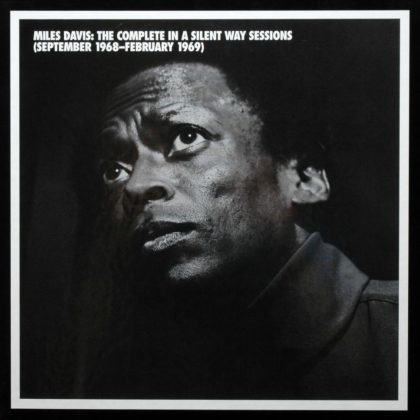Boys and girls, All Hallows’ Eve is here, and you’re tuned into the October edition of the Transmissions podcast. The veil is thin and we're back with another round of discussions and digressions. In this episode, Chicago's Whitney discusses Forever Turned Around, the group's sophomore lp. Then, New Age pioneer Don Slepian takes us back to the early '80s. And to close out, a long ramble about Nick Cave and the Bad Seeds' haunted instant classic, Ghosteen . . .
Only the good shit. Aquarium Drunkard is powered by its patrons. Keep the servers humming and help us continue doing it by pledging your support.
To continue reading, become a member or log in.
